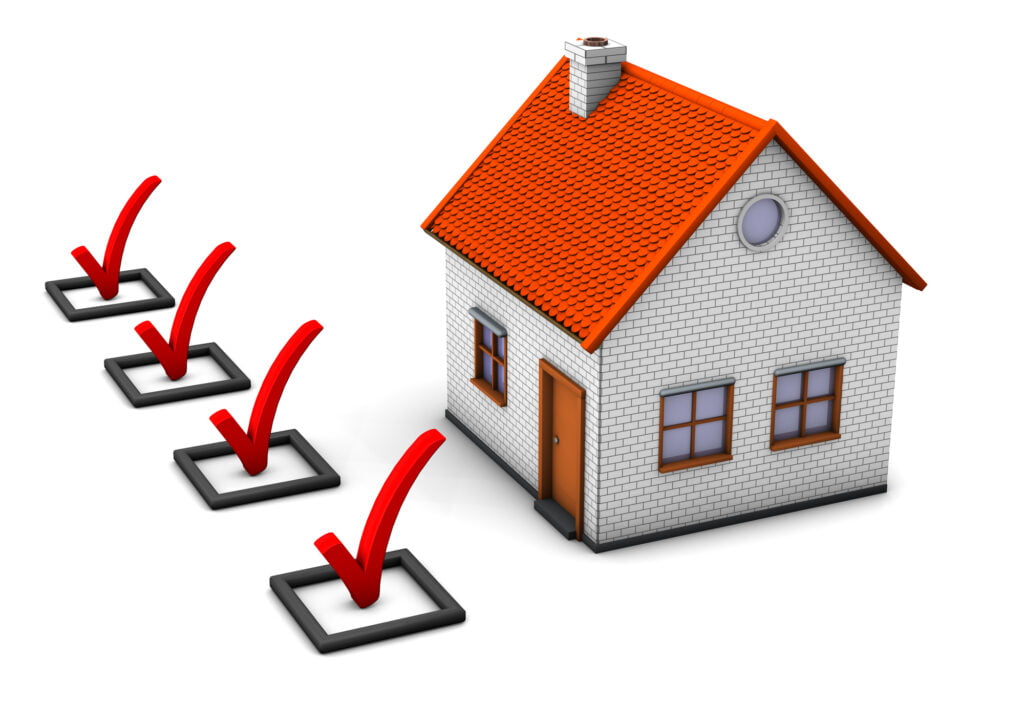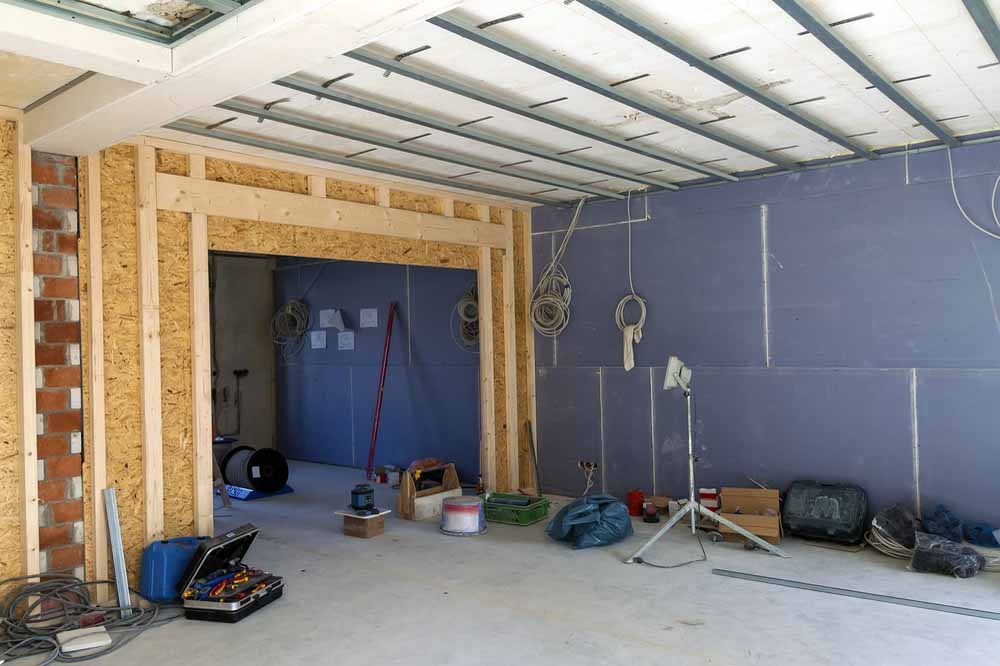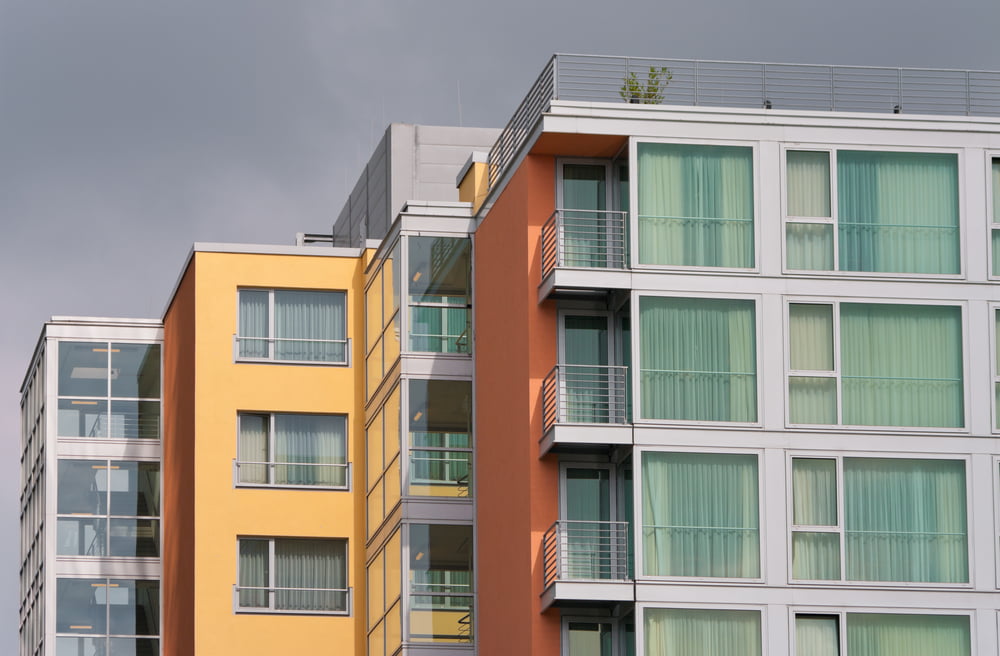Brisbane home buyers about to settle – the day is fast approaching. Your building and pest inspections went well. The sale is now unconditional. Before long you will be handed the keys to your new home! What do you need to do as part of your final inspection? Your final walkthrough on handover day is about making sure nothing that you and the seller have agreed upon has changed.
Action Property Inspections provides pre-purchase building inspections, if you’re buying a property, get in touch with us prior to handover day!
We’ve all heard the horror stories of sellers ripping out gardens, leaving garbage behind, packing up the pool pump… What about building, electrical or plumbing problems? Did your seller put a big old dent in the wall as he moved out? Did the movers scratch up those beautiful floorboards? The final inspection checklist is about making sure you’re getting everything you’re paying for!
Andrew’s Expert Advice on Pre-Settlement Inspection: It’s not over until it’s over. Don’t stop making checks until the house keys are in your pocket. Because buying a home is one of the biggest investments you will ever make, you need to trust that nothing has changed since your building and pest inspection. Check that everything is working, that there wasn’t any damage done as the seller moved out and that tenants haven’t messed with your new home. After seeing every kind of home and every settlement drama from 30 years of inspections, take advantage of your contractual right to inspection and use our checklist. You never know what you might find.
Use A House Settlement Checklist Before The Big Day
But before that day, it’s important to go through a house settlement checklist to ensure the home you’re receiving is the same home you inspected when you decided to make an offer. Note that your building inspector will not attend the handover. A final house inspection is an important part of the purchase process. While not an obligation, it is a right for the new owner to make a final inspection of the home before handover. But what should be inspected? Take a look at our handy house settlement checklist to ensure all zones are thoroughly checked before the big day.
Final Inspection Checklist
This house settlement checklist is a guide to ensure all the key areas of your property are checked – and double-checked – before handover. Some items on the checklist may not apply to every property, but the list gives you a good general idea of the many different aspects of a home that are worth inspecting before it’s too late.
These are the items you should thoroughly inspect on the final inspection day:
- electrical switchboard
- gas meter
- telephone line
- letter box
- door bell
- light fixtures including pendants
- water taps and mixers (check outside for hose taps as well)
- tap spouts
- water filtration system
- plugs for sinks and basins
- laundry tub
- washing machine taps
- sinks (check that don’t leak)
- toilets (check that flush)
- door handles
- window dressings
- landscaping features (properly maintained)
- shower rose and hand shower
- exhaust fans
- ceiling fans
- stove / cooktop / oven
- dishwasher
- air conditioner
- evaporative cooler
- heating unit
- hot water service
- pool pump
- spa
- garage door (check that works + remote)
- smoke detectors
- rubbish bins (check that present and in good condition)
- door locks
- window locks
- curtains
- blinds
- home telephone
- any items that may have been governed as part of the sale including display furniture.
It’s a bigger list than you think isn’t it? But all of these elements of a home can be expensive to repair if they’re not in order from day one.
Do you have to do a final home inspection?
The short answer is no, you don’t have to do a final inspection. However, it is recommended. You have the right to conduct an inspection to ensure that nothing in the house has changed since your last inspection before signing the contract.
Once settlement has happened and they keys have been handed over, you are unable to go back to sort out niggling issues that may have been picked up at the final inspection.
Why should you do a final inspection?
Experienced solicitors and real estate investors will encourage you not to decline the offer of a final inspection. The reasons you should conduct a final inspection include:
- To ensure furnishings and appliances haven’t been removed from the premises. The most common items that are often removed from the premises are appliances like dishwashers, microwaves and telephones. Often light bulbs are removed and batteries are taken out of remote controls. That’s why it’s important to not only check that the fixtures and appliances are still in or on the property, but also that they are in working order.
- To ensure nothing is left behind from the previous owner like old furniture or rubbish. You also don’t want them to have forgotten anything precious to them.
- Make sure everything is in working order. Items can break down from the date of purchase to settlement. It’s important to have these items fixed before moving in.
Damage to the property can occur when the vendors move out of the property. Walls can be damaged or floors can be scratched. A little bit of wear and tear is to be expected, however, if there is major damage that was not visible when the house was first inspected, or after the building inspection, take photos of the damage and give these to your solicitor.
Your solicitor may be able to negotiate a reduction in the house price or get the vendors to fix the damage. This is why a final inspection is so important. If the damage had been found after settlement, the cost to repair would be from your wallet and that’s not fair to you.
Who should do the final inspection?
You and anyone who is part of the purchase decision should be conducting the final inspection. Your building inspector would have already checked the state of the property for you during the pre-purchase inspection. They can’t do the final inspection as they don’t know what items were part of the sale price. Having two sets of eyes at the final inspection can be beneficial to ensure nothing is overlooked.
When should the final inspection be conducted?
A pre-settlement inspection should be done as close to the settlement date as possible. The date really depends on the vendor and their circumstances. It may feel like you’re finally at the finish line and NOTHING is going to stand in your way of settlement. The final inspection hurdle is one that you must jump. It’s hard but it could save you heartache.
Ideally, you would want the vendor to have moved out of the property for the final inspection to occur so that you can ensure no items have been taken – or left – that aren’t part of the contract. Nobody wants to get rid of the seller’s collection of 1978 Datsun car parts.
If the property is vacant, the final inspection should be conducted a few days before the settlement date – with the final handover happening at the property. This allows for time for the vendor to fix, replace or put back items that were part of the house sale. The solicitor must be involved in resolving these issues before settlement.
A final inspection is a really important aspect of the settlement purchase of your home. Our house settlement checklist should ensure you confidently conduct a quality final inspection.
Other things to consider before settlement
It’s crucial to organise home and contents insurance the moment you sign a contract. Legally, you have now become the new owner of the premises. Insurance covers you for the unexpected.
Bear in mind, of course, that insurance won’t cover you for pre-existing problems. That’s why your pre-purchase inspection is essential. Use our house settlement checklist to make sure your inspector has covered all the necessary ground leaving you confident about your investment.




